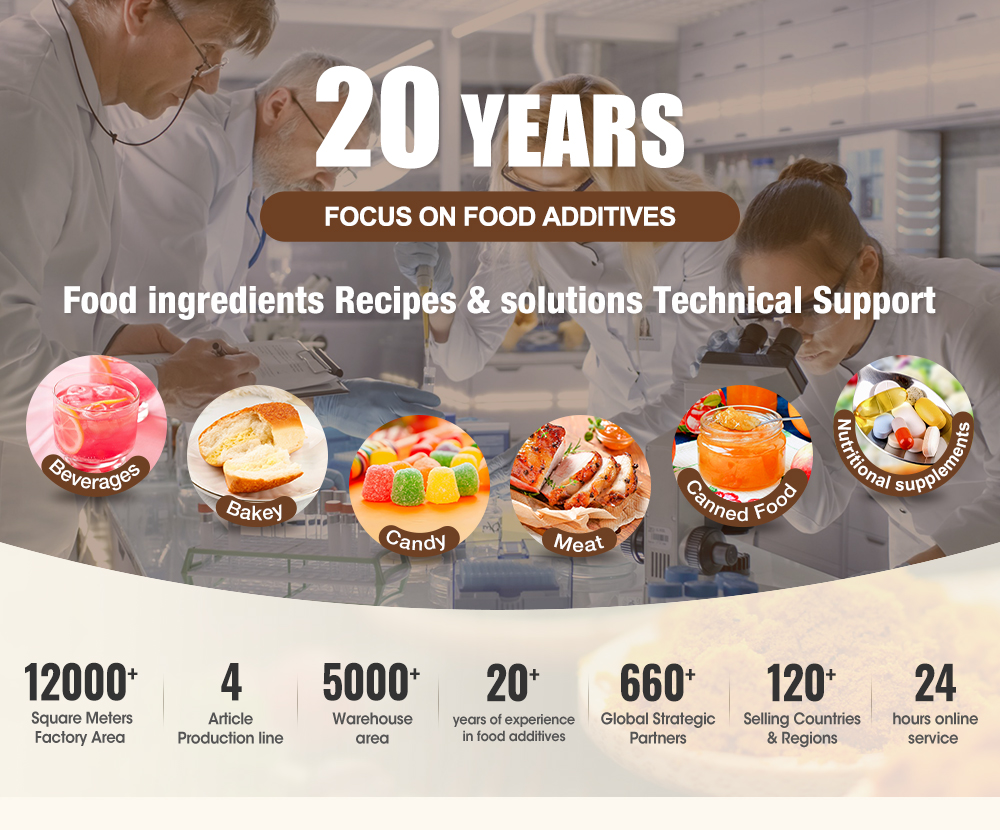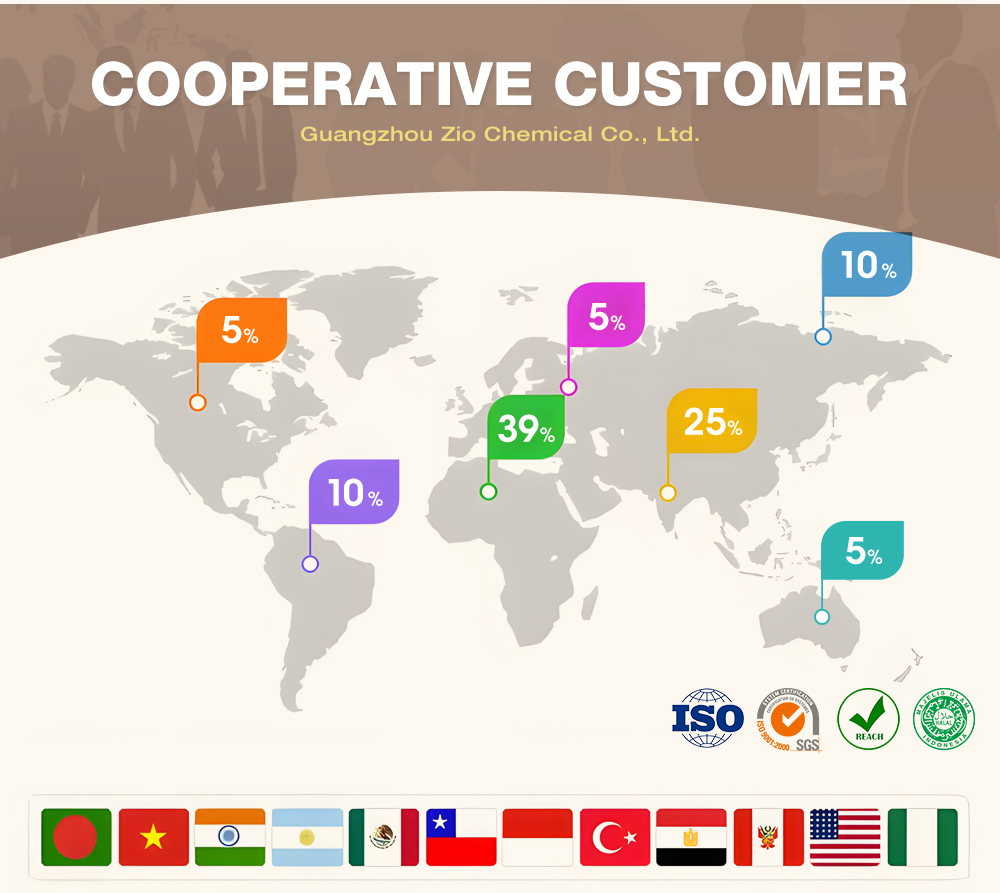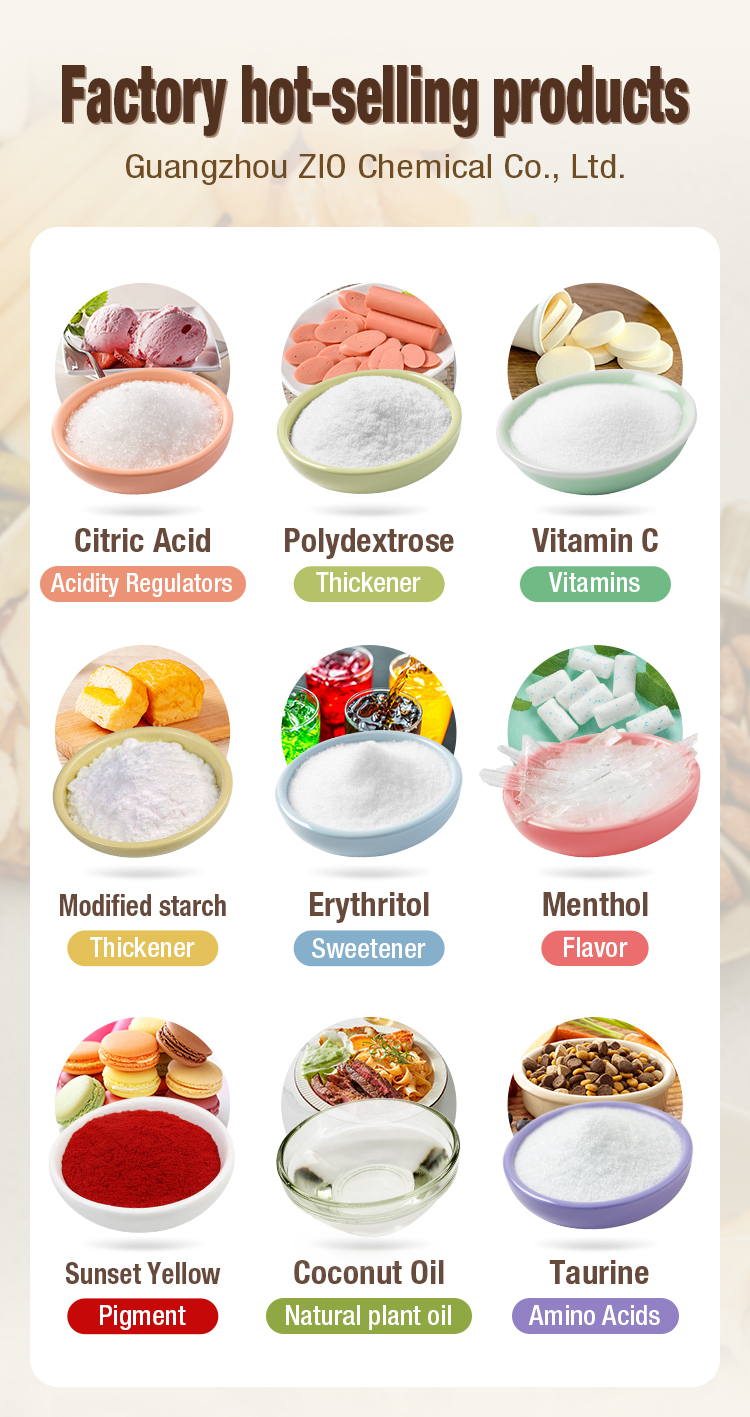Lysine for Nutrition is an essential L-lysine supplement (≥98% purity, assayed by HPLC) in hydrochloride form, a critical amino acid for human protein synthesis—since the human body cannot synthesize lysine, it must be obtained from diet or fortification.
| Availability: | |
|---|---|
| Quantity: | |











This white, crystalline powder has a neutral taste (pH 5.0-6.5) and is highly soluble in water (60g/L at 20°C), making it easy to blend into food matrices without altering texture or flavor. It is widely used in bread, infant food, and dietary supplements, and is certified by the International Amino Acid Council (IAAC) for purity and safety, with no heavy metals (lead ≤1ppm, arsenic ≤0.5ppm) or pesticides detected.
Nutritional Improvement: Increases bread protein quality by 20%-30% when added at 0.3%—wheat flour naturally contains 2.5-3.0g lysine per kg, and fortification boosts this to 4.0-5.5g/kg, meeting the World Health Organization (WHO)’s recommended protein quality score (PDCAAS ≥0.8). This helps address lysine deficiency in populations relying on grains as a staple food.
Growth Support: Aids infant and child development— a 2022 study in the Journal of Pediatric Nutrition found that 276mg daily lysine increased weight gain by 8%-10% in undernourished 1-5-year-olds and improved immune response to common infections (e.g., colds).
Calcium Absorption: Enhances bone mineralization by promoting calcium uptake in the intestines—research shows that pairing lysine (1g/day) with calcium (1000mg/day) increases bone density by 3%-5% over 12 months in postmenopausal women, reducing osteoporosis risk.
Grain Fortification: Add 0.2%-0.5% to wheat flour or cornmeal, mixing with a ribbon blender for 10-15 minutes to ensure uniform distribution. Test samples via HPLC to confirm lysine content—aim for 4.0-5.0g/kg to meet nutritional targets.
Child Supplements: Mix 3 scoops (equivalent to 276mg lysine) into milk, juice, or baby food (e.g., pureed fruits/vegetables) for 1-5-year-olds. Avoid mixing with hot liquids (>60°C) to prevent amino acid degradation.
Adult Health: Take 1g daily (2 capsules, each containing 500mg lysine hydrochloride) with meals to enhance absorption— empty stomach intake may reduce bioavailability by 15%-20%. For wound healing, increase to 2g/day (under medical advice) to support collagen synthesis.

Q: Does it interact with other nutrients?
A: Lysine competes with arginine (another amino acid) for the same transport system in the gut—high arginine intake (from nuts, chocolate, or protein powders) can reduce lysine absorption. To avoid this, space intake of lysine and arginine-rich foods by 2-3 hours.
Q: Can it be baked?
A: Yes, co-baking with bread or pastries does not reduce its nutritive value. Lysine’s amino group is stable under moderate heat (up to 200°C), so even exposure to oven temperatures during baking (180-200°C) does not cause significant breakdown.
This white, crystalline powder has a neutral taste (pH 5.0-6.5) and is highly soluble in water (60g/L at 20°C), making it easy to blend into food matrices without altering texture or flavor. It is widely used in bread, infant food, and dietary supplements, and is certified by the International Amino Acid Council (IAAC) for purity and safety, with no heavy metals (lead ≤1ppm, arsenic ≤0.5ppm) or pesticides detected.
Nutritional Improvement: Increases bread protein quality by 20%-30% when added at 0.3%—wheat flour naturally contains 2.5-3.0g lysine per kg, and fortification boosts this to 4.0-5.5g/kg, meeting the World Health Organization (WHO)’s recommended protein quality score (PDCAAS ≥0.8). This helps address lysine deficiency in populations relying on grains as a staple food.
Growth Support: Aids infant and child development— a 2022 study in the Journal of Pediatric Nutrition found that 276mg daily lysine increased weight gain by 8%-10% in undernourished 1-5-year-olds and improved immune response to common infections (e.g., colds).
Calcium Absorption: Enhances bone mineralization by promoting calcium uptake in the intestines—research shows that pairing lysine (1g/day) with calcium (1000mg/day) increases bone density by 3%-5% over 12 months in postmenopausal women, reducing osteoporosis risk.
Grain Fortification: Add 0.2%-0.5% to wheat flour or cornmeal, mixing with a ribbon blender for 10-15 minutes to ensure uniform distribution. Test samples via HPLC to confirm lysine content—aim for 4.0-5.0g/kg to meet nutritional targets.
Child Supplements: Mix 3 scoops (equivalent to 276mg lysine) into milk, juice, or baby food (e.g., pureed fruits/vegetables) for 1-5-year-olds. Avoid mixing with hot liquids (>60°C) to prevent amino acid degradation.
Adult Health: Take 1g daily (2 capsules, each containing 500mg lysine hydrochloride) with meals to enhance absorption— empty stomach intake may reduce bioavailability by 15%-20%. For wound healing, increase to 2g/day (under medical advice) to support collagen synthesis.

Q: Does it interact with other nutrients?
A: Lysine competes with arginine (another amino acid) for the same transport system in the gut—high arginine intake (from nuts, chocolate, or protein powders) can reduce lysine absorption. To avoid this, space intake of lysine and arginine-rich foods by 2-3 hours.
Q: Can it be baked?
A: Yes, co-baking with bread or pastries does not reduce its nutritive value. Lysine’s amino group is stable under moderate heat (up to 200°C), so even exposure to oven temperatures during baking (180-200°C) does not cause significant breakdown.
Promotes Growth and Development: Particularly important for children and adolescents, lysine supports healthy growth and proper development.
Enhances Immune Function: Plays a vital role in supporting the body's immune system, helping to maintain overall health and wellness.
High Safety Profile: Complies with food safety standards, ensuring safety for consumer use in various products.
Supports Muscle Recovery: Aids in muscle repair and recovery, making it beneficial for athletes and physically active individuals.
Improves Nutritional Quality: Enhances the nutritional profile of food products, especially those low in protein or lacking certain amino acids.
Versatile Applications: Suitable for a wide range of food types, including protein bars, shakes, and functional foods, offering flexibility in formulation.












Promotes Growth and Development: Particularly important for children and adolescents, lysine supports healthy growth and proper development.
Enhances Immune Function: Plays a vital role in supporting the body's immune system, helping to maintain overall health and wellness.
High Safety Profile: Complies with food safety standards, ensuring safety for consumer use in various products.
Supports Muscle Recovery: Aids in muscle repair and recovery, making it beneficial for athletes and physically active individuals.
Improves Nutritional Quality: Enhances the nutritional profile of food products, especially those low in protein or lacking certain amino acids.
Versatile Applications: Suitable for a wide range of food types, including protein bars, shakes, and functional foods, offering flexibility in formulation.











